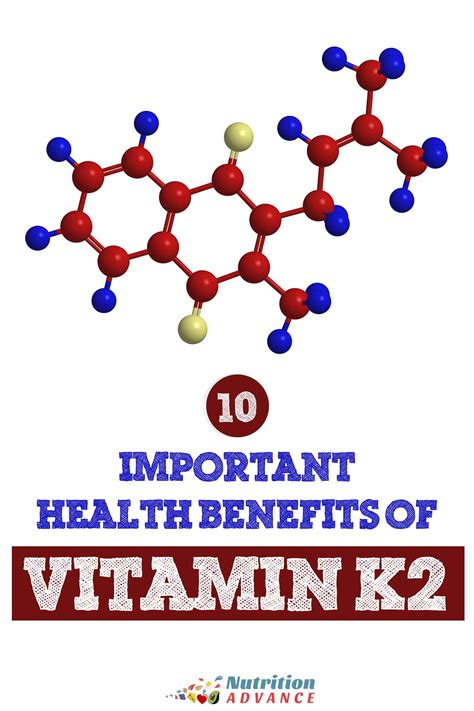Beyond the Basics: Essential Micronutrients for Aging Men
As men progress past 60, the focus on maintaining bone density and muscle mass intensifies. While the importance of sufficient calcium for bone structure and protein for muscle synthesis is well-established, these foundational nutrients are only part of a more complex nutritional puzzle. For true resilience against age-related decline, a deeper dive into specific micronutrients and their synergistic roles becomes paramount. The key lies in understanding how certain dietary fuels facilitate the optimal utilization of calcium and protein, while also directly supporting bone and muscle health.
The Unsung Hero: Vitamin D’s Expanded Role
While often associated primarily with calcium absorption, Vitamin D’s influence extends far beyond, becoming a critical factor for men over 60. Optimal Vitamin D levels are not just about getting calcium into the bloodstream; they are vital for its proper incorporation into bone matrix. Furthermore, Vitamin D plays a crucial role in muscle function, strength, and balance, directly impacting the risk of falls and subsequent fractures. Deficiency is widespread among older adults, making proactive supplementation and dietary intake of fortified foods or fatty fish essential. Adequate Vitamin D helps maintain muscle protein synthesis pathways and may reduce chronic inflammation, both beneficial for preserving muscle mass.

Magnesium: The Often-Overlooked Mineral
Often overshadowed by calcium, magnesium is an indispensable mineral for both bone and muscle health, especially in aging men. Approximately 60% of the body’s magnesium is found in bone, where it contributes to bone crystal formation and influences the activity of bone-building cells. Crucially, magnesium is a cofactor in over 300 enzymatic reactions, including those involved in Vitamin D activation and calcium regulation. For muscles, magnesium is vital for muscle contraction and relaxation, nerve transmission, and energy production. Its deficiency can lead to muscle weakness, cramps, and impaired physical performance, highlighting its critical role in muscle preservation. Leafy greens, nuts, seeds, and whole grains are excellent dietary sources.

Vitamin K2: Directing Calcium Traffic
Perhaps the most overlooked yet profoundly critical nutrient for bone density beyond 60 is Vitamin K2 (menaquinone). Unlike Vitamin K1, primarily involved in blood clotting, K2 plays a unique role in calcium metabolism. It activates proteins like osteocalcin, which binds calcium to the bone matrix, ensuring that calcium is deposited in the bones where it’s needed, rather than accumulating in soft tissues like arteries. This dual action not only supports bone strength but also contributes to cardiovascular health. While some K2 can be produced by gut bacteria, dietary sources like fermented foods (e.g., natto), certain cheeses, and egg yolks are important, as endogenous production might not be sufficient for optimal bone health in older age.

Omega-3 Fatty Acids and Other Micronutrient Synergies
While not direct bone or muscle builders, Omega-3 fatty acids (EPA and DHA) are crucial for their potent anti-inflammatory properties. Chronic low-grade inflammation can negatively impact bone turnover and muscle protein synthesis. By mitigating inflammation, Omega-3s indirectly support the preservation of both tissues. Fatty fish like salmon, mackerel, and sardines are excellent sources. Furthermore, trace minerals like boron and zinc contribute to hormone balance, including testosterone, which is vital for maintaining muscle mass and bone density. These nutrients often work synergistically; for instance, Vitamin D, magnesium, and K2 together form a powerful trio for calcium regulation and bone health.

Embracing a Holistic Dietary Strategy
For men over 60, the dietary strategy for bone density and muscle preservation extends beyond simply hitting calcium and protein quotas. It demands a holistic approach that ensures adequate intake of Vitamin D, magnesium, and Vitamin K2, alongside inflammation-modulating Omega-3s and other trace minerals. Prioritizing nutrient-dense whole foods, including a diverse array of fruits, vegetables, lean proteins, healthy fats, and fermented foods, provides the best foundation. While dietary sources should always be the primary focus, strategic supplementation, guided by a healthcare professional, may be necessary to address specific deficiencies common in older age.

Understanding and addressing these specific dietary fuel considerations can significantly impact the quality of life, mobility, and independence for men as they age past 60, safeguarding both their skeletal and muscular systems for years to come.




